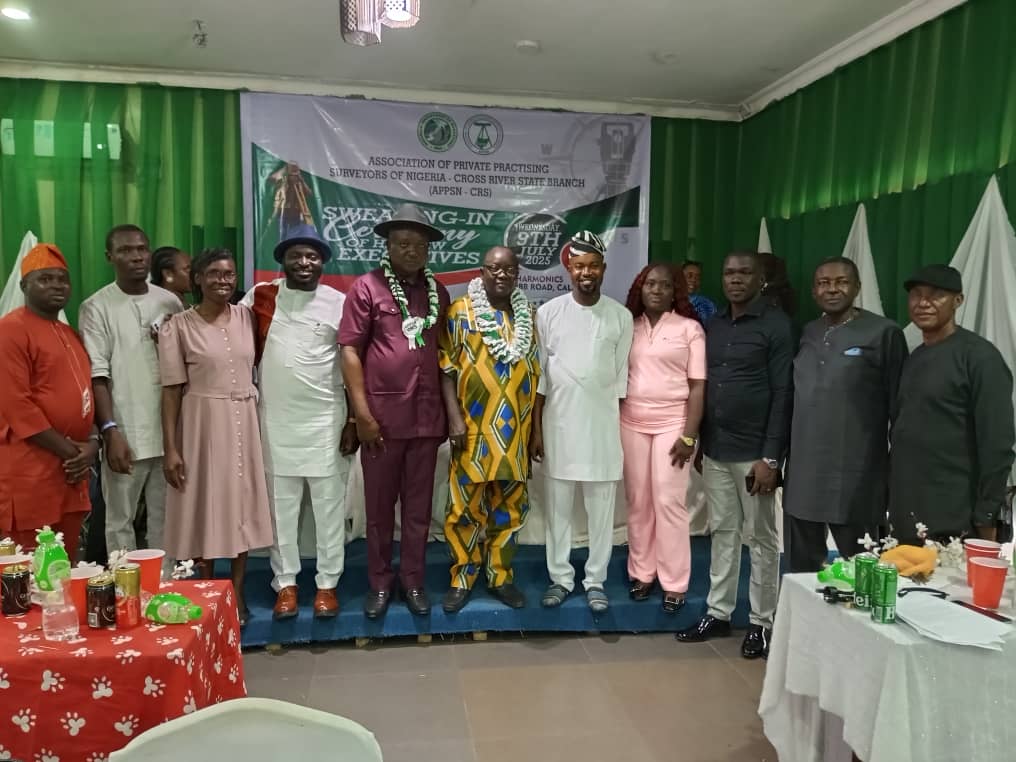Let’s begin our conversation about the  Nativity of Our Lord and Savior Jesus Christ with a reaffirming statement: “God exists.” God didn’t merely exist in some moment or location far removed. He is present today. The Lord did not remain confined to the tenth century during the lifetime of
Nativity of Our Lord and Savior Jesus Christ with a reaffirming statement: “God exists.” God didn’t merely exist in some moment or location far removed. He is present today. The Lord did not remain confined to the tenth century during the lifetime of Venerable Simeon the New Theologian, who heard from his fellow villagers: “Symeon, your thoughts are too elevated. You might be unwell…” In the fourteenth century, St. Gregory Palamas engaged in rigorous debate with a learned theologian about God not being an abstract notion, but a Personal Being with Whom we can communicate and develop a relationship. This learned theologian initiated a considerable conflict against the Athonite monks, yet the truth ultimately triumphed.
I will reiterate: “God exists.” He did not simply reside in the times of Batiushka Seraphim of Sarov, who declared that “God’s grace and assistance for the faithful and those who diligently seek the Lord remains unchanged, for, according to the word of God, Jesus Christ is the same yesterday, today, and forever.” It is we who lack resolve; we have become overly cautious and prone to overthinking.
Christ approached the Apostles at Lake Gennesaret and instructed them to leave all their belongings and follow Him. In those times, boats and nets were not luxuries, but essential tools for survival (catching fish meant providing food for the family). Yet, the Apostles had the fortitude to rise and follow Christ. In return, they received tremendous grace. The more a person is willing to sacrifice, the more they receive from God.

In the Old Testament, the relationship between God and humanity was as if speaking with someone physically present. Abram was ninety years old and nine, and the Lord appeared to Abram, and said unto him, I am the Almighty God; walk before Me, and be thou perfect (Gen. 17:1). This act of walking before God engenders a mystical fear and reverence within man, compelling him to live righteously in accordance with God’s commandments. However, this is not a state of perfection.
Consider your journey from confession to confession. What compels us to return to this Sacrament repeatedly? Fear and conscience—fear that our entire lives could dissolve, and conscience acts as a persistent nag, troubling the heart without rest. Yet, after departing from confession, we often repeat the same mistakes. We confess wholeheartedly, we cry, and we promise: “Lord, I swear I’ll do it no more.” Yet, we once again deceive ourselves, the priest, and God. Our words may bear sincerity, but they lack the mystical strength necessary to conquer our “I can’t.” Mere desire is insufficient; what we require is a divine power that will inspire and become our spiritual foundation. This is not derived from our strength, will, honesty, or stubbornness—none of these are adequate. To our human endeavors, we must supplement a profound mystical power from God—the grace of the Holy Spirit.
Hence, in the Old Testament, despite humanity being aware of the moral and divine law and striving to “walk before God,” little fundamentally changed within mankind. Suddenly, Jesus Christ, the Son of God, appears…

The Nativity of Christ is a profound miracle that we all need to deeply understand and appreciate. We often perceive Christmas merely as a holiday, reducing it to superficial trappings—a Christmas tree, a feast, and gifts. However, the Nativity is far more than just a sentimental occasion filled with clichés about a Baby, a star, and sheep with shepherds. It is a monumental event.
What transpired on that Christmas night? God, the Creator of the universe, transcends His perfection and enters the confines of human flesh. He—limitless, becomes an Infant for each of us, for you specifically, to draw near to you and ultimately—to become one with you.
The Apostle Paul states: It is no longer I who live, but Christ lives in me (Gal. 2:20). This is the condition when the Lord becomes our intellect, heart, and will. Only through His divine power can we instigate internal change, healing the fracture of the Fall that humanity could not amend before the coming of Christ.
This embodies the core principle of Christianity: Christ did not merely impart teachings—Christ came to offer Himself to each of us. This is what occurs during communion at Liturgy: The Lord transforms into the form of bread and wine, enabling our union with Him.

When you perceive the Nativity in this light, the joy of the feast is accompanied by tears of tenderness and gratitude toward God—God who loves you immensely. He loves you to the extent that He is willing to follow you not only to earth, but even to hell, which He did thirty-three years after His Incarnation.
Therefore, the feast of the Nativity embodies both joy and brightness while also carrying a touch of sorrow—you become acutely aware of your unworthiness in the face of His love, your insignificance in relation to His grandeur and holiness. On such a day, you feel a yearning to shed your burdens, if only through a word, leading you to Confession to express: “Lord, forgive and accept me; I shall endeavor to do better. You have granted me another year of life; perhaps this time I can gather myself and begin anew.”
I wish for everyone to experience a profound spiritual joy on this day, a joy that transcends the mere holiday with its feasts and the end of fasting.





